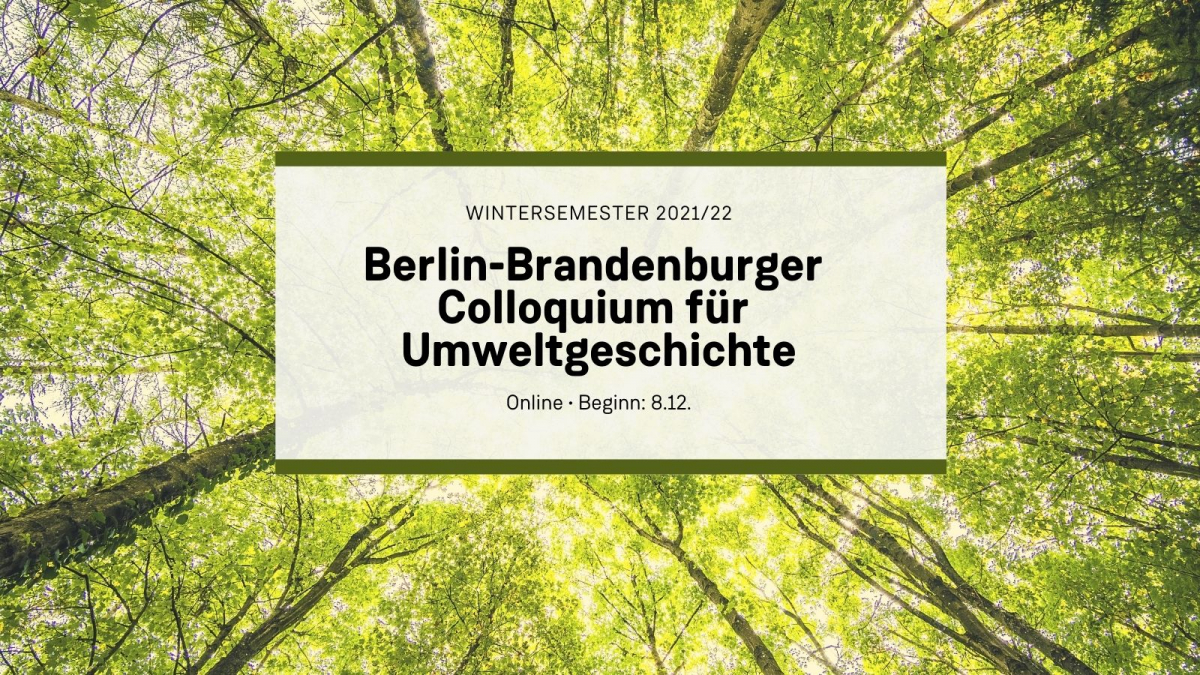Zeit: 19-21 Uhr | Online
Vortrag von Jacob Darwin Hamblin (Corvallis, OR, USA) im Berlin-Brandenburger Colloquium (BBC) für Umweltgeschichte im Wintersemester 2021/22
Veranstalter des BBC für Umweltgeschichte:
Humboldt-Universität zu Berlin (HU Berlin) in Kooperation mit dem Leibniz-Zentrum für Zeithistorische Forschung (ZZF Potsdam)
Organisation: Dr. Jan-Henrik Meyer (ZZF Potsdam), Dr. Astrid M. Kirchhof (HU Berlin)
Abstract:
After the Second World War, the United States offered a new kind of atom that differed from the bombs that destroyed Hiroshima and Nagasaki. This atom would cure diseases, produce new foods, make deserts bloom, and provide abundant energy for all. It was an atom destined for the formerly colonized, recently occupied, and mostly non-white parts of the world that were dubbed the "wretched of the earth" by Frantz Fanon. The peaceful atom had so much propaganda potential that President Dwight Eisenhower used it to distract the world from his plan to test even bigger thermonuclear weapons. His scientists said the peaceful atom would quicken the pulse of nature, speeding nations along the path of economic development and helping them to escape the clutches of disease, famine, and energy shortfalls. That promise became one of the most misunderstood political weapons of the twentieth century. It was adopted by every subsequent US president to exert leverage over other nations' weapons programs, to corner world markets of uranium and thorium, and to secure petroleum supplies. Other countries embraced it, building reactors and training experts. Atomic promises were embedded in Japan's postwar recovery, Ghana's pan-Africanism, Israel's quest for survival, Pakistan's brinkmanship with India, and Iran's pursuit of nuclear independence. While the United States promised peace and plenty, it planted the seeds of dependency and set in motion the creation of today's expanded nuclear club.
Short Bio:
Jacob Darwin Hamblin is Professor of History at Oregon State University. His books include Poison in the Well: Radioactive Waste in the Oceans at the Dawn of the Nuclear Age; Oceanographers and the Cold War; and Arming Mother Nature: The Birth of Catastrophic Environmentalism, which won the Paul Birdsall Prize of the American Historical Association and the Watson Davis and Helen Miles Davis Prize of the History of Science Society. His latest book is The Wretched Atom: America's Global Gamble with Peaceful Nuclear Technology (2021).
Online
Anmeldung:
Per E-Mail bei Jan-Henrik Meyer: meyer [at] zzf-potsdam [dot] de (meyer[at]zzf-potsdam[dot]de)
Angemeldete Interessenten erhalten rechtzeitig den Teilnahme-Link zugesandt.
Kontakt:
Dr. Jan-Henrik Meyer
Leibniz-Zentrum für Zeithistorische Forschung Potsdam (ZZF)
Am Neuen Markt 1
14467 Potsdam
E-Mail: meyer [at] zzf-potsdam [dot] de (meyer[at]zzf-potsdam[dot]de)
Dr. Astrid M. Kirchhof
Humboldt-Universität zu Berlin
E-Mail: astrid [dot] m [dot] kirchhof [at] hu-berlin [dot] de (astrid[dot]m[dot]kirchhof[at]hu-berlin[dot]de)

